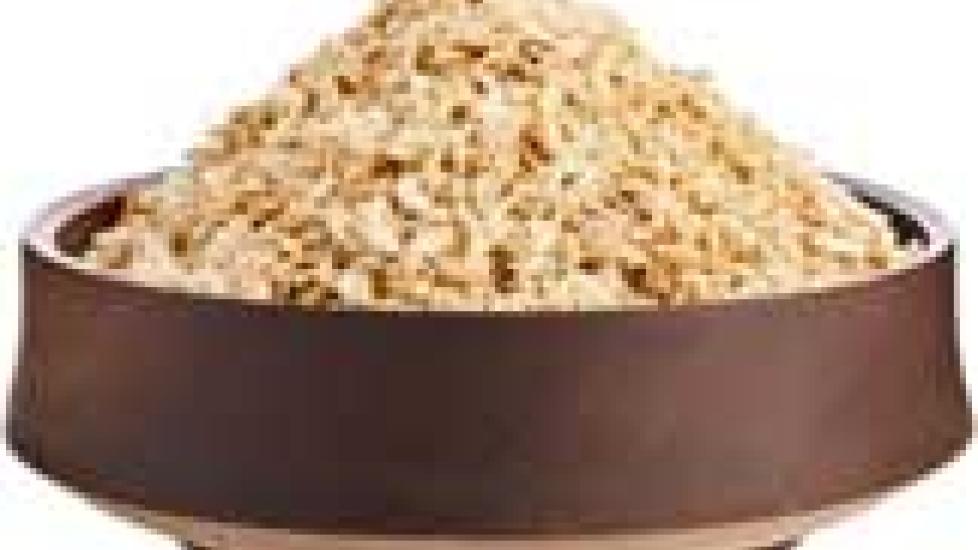Prebiotics and Weight Loss in Pets
Prebiotics are commonly used to promote better general health and aid in the treatment of a host of intestinal problems common in pets. Recent studies in rats and humans suggest that these fiber supplements may also be an effective aid in treating obesity.
What are Prebiotics?
Prebiotics are nondigestible fibers that are selectively used for energy by the colonies of beneficial bacteria that are normally found living in the large intestines. Two major classes of prebiotics have been found to aid pet intestinal health: fructooligosaccharides (FOS) and mannan oligosaccharides (MOS).
FOS fiber carbohydrates contain fructose as the main sugar source. Fructose is preferentially used as an energy source for the beneficial or "good" bacteria Bifidobacterium, Lactobacillus and Bacteriodes, all normally found in the colon. Fructose is poorly used by harmful or "bad" bacteria like E. coli, Salmonella and Clostridium. FOS promotes the reproduction of beneficial bacteria and limits the growth of harmful bacteria.
MOS fiber contains the sugar mannose and limits the ability of harmful bacteria to attach to the colon wall so they are passed in the feces (stool) without causing disease. Both of these prebiotics have been proven to aid in the treatment of infectious and non-infectious diarrhea causing conditions in cats and dogs. New studies suggest that beneficial changes in colon bacteria colonies may aid in weight loss.
Prebiotics and Weight Loss
Obesity researchers are finding that the beneficial change of intestinal bacteria with prebiotics also results in favorable hormonal changes that decrease appetite, decrease intestinal fat cells, and decrease body weight in humans and rats.
The regulation of appetite is a complex interaction between intestinal and brain hormones and the appetite center of the brain. The analysis of blood and intestinal tissue hormone levels in rats and humans found that the hormones that suppress appetite increase as the levels of prebiotic and favorable bacteria colonies increase. Increases in bacteria also decreased intestinal secretion of hormones that increase appetite. These combined hormonal changes resulted in decreased calorie intake in human and rat subjects.
Prebiotic supplemented subjects had lower levels of hormones that promote and maintain the percentage of body fat. Lower levels of these hormones resulted in decreased intestinal fat and weight loss, especially in rats.
Additionally, prebiotic subjects also showed improved post-meal insulin responses and improved cellular insulin sensitivity. This has tremendous implications for overweight pets and their risk of becoming diabetic.
Prebiotics for Weight Loss in Cats and Dogs
Unfortunately, the studies discussed above have not been duplicated in cats and dogs. Speculation is tempting, but there is no solid evidence that prebiotics have the same effects in cats and dogs. Such substantiation is important because the addition of fiber to pets’ diets can have other nutritional consequences.
The effects found in the above studies were dose dependent, meaning that the positive effects of prebiotics increased with the amount of prebiotic in the diet. The greatest effect was found with the highest concentrations of fiber. Studies in cats and dogs have shown that the intestinal absorption of some minerals and essential fatty acids are decreased as dietary fiber increases. Without confirmation of the amounts of prebiotic that provide beneficial effects, the risk of nutritional deficiency may outweigh the benefits of prebiotic use in pet weight loss.
Fortunately, proper supplementation with iron, copper, calcium, phosphorus, magnesium and fatty acids can easily overcome this problem. Look for prebiotics to be commonplace in the future treatment of obesity.

Dr. Ken Tudor
Image: Madlen / via Shutterstock
